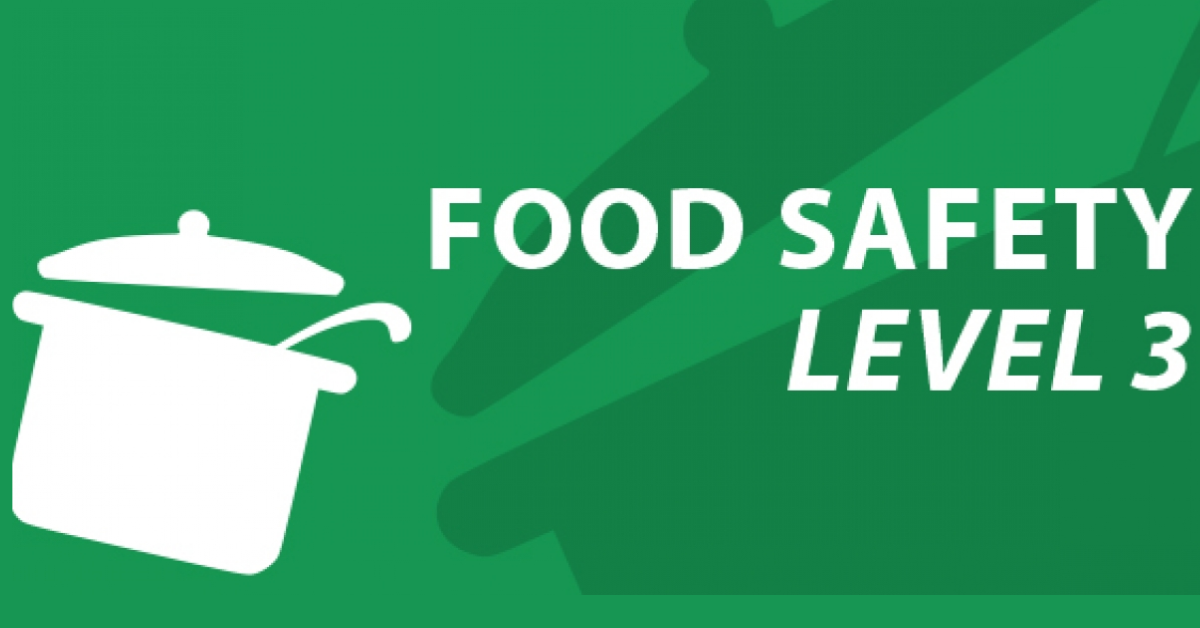The Importance of a Food Safety Hygiene Course in Today’s World
In the modern era, where food businesses are thriving and the demand for safe and hygienic meals is at an all-time high, understanding proper food handling practices is crucial. A Food Safety Hygiene Course equips individuals and organizations with the essential knowledge required to maintain the highest standards of cleanliness, safety, and compliance within the food industry. From restaurants and catering services to food packaging and manufacturing units, this course plays a vital role in ensuring that food served to consumers is not only delicious but also safe to eat.
Why Food Safety and Hygiene Matter
Food safety and hygiene are not just regulatory requirements; they are fundamental to public health. Every year, millions of people suffer from foodborne illnesses caused by improper handling, storage, or preparation of food. Issues such as cross-contamination, inadequate cooking, and poor personal hygiene can lead to severe consequences, ranging from minor stomach upsets to life-threatening infections.
The importance of food hygiene extends beyond health risks. For businesses, failing to follow safety protocols can result in financial loss, damaged reputation, and even legal consequences. Customers today are more aware and cautious, choosing establishments that prioritize cleanliness and safety. This is where a structured program, such as a Food Safety Hygiene Course, becomes invaluable in training staff and individuals to uphold the best practices in food handling.
Key Components of a Food Safety Hygiene Course
A comprehensive course is designed to cover all aspects of food handling and hygiene. Some of the critical topics included are:
1. Personal Hygiene
Food handlers must understand the importance of personal cleanliness, such as washing hands properly, wearing clean uniforms, using gloves when necessary, and avoiding practices that could contaminate food.
2. Cross-Contamination Prevention
Cross-contamination occurs when harmful bacteria spread from raw food to cooked food, utensils, or surfaces. Training focuses on proper food storage, separation of raw and cooked products, and sanitizing tools and workstations.
3. Food Storage and Temperature Control
Improper temperature management is a common cause of foodborne illnesses. Courses emphasize correct refrigeration, freezing, and cooking temperatures to prevent bacterial growth and maintain food quality.
4. Cleaning and Sanitization
Maintaining a clean kitchen environment is a cornerstone of food safety. Training ensures that workers know how to sanitize surfaces, utensils, and equipment effectively.
5. Legal and Regulatory Compliance
Food businesses must adhere to local and international safety standards. A Food Safety Hygiene Course provides knowledge about these laws, ensuring businesses operate within legal frameworks while avoiding penalties.
Benefits of Taking a Food Safety Hygiene Course
1. Enhanced Consumer Trust
Customers prefer food establishments that maintain high standards of hygiene. Proper training assures them that the meals they consume are safe, boosting customer loyalty and repeat business.
2. Reduction in Foodborne Illnesses
When staff is properly trained, the chances of contamination and health hazards decrease significantly. This leads to healthier customers and fewer complaints.
3. Improved Business Reputation
Businesses that follow strict hygiene protocols build stronger reputations. Positive word-of-mouth can become one of the most powerful marketing tools in the food industry.
4. Legal Protection
Training reduces the risk of violating food safety regulations. Compliance ensures that businesses avoid fines, lawsuits, and closures, protecting their investments.
5. Increased Efficiency
Knowledgeable staff members work more efficiently. They understand the importance of time management, storage practices, and waste reduction, which improves overall productivity.
Who Should Take the Course?
A Food Safety Hygiene Course is not limited to chefs and cooks. Anyone who comes into contact with food should undergo this training. This includes:
-
-
Restaurant staff (chefs, waiters, cleaners)
-
Catering service providers
-
Food manufacturers and packagers
-
Street food vendors
-
Hotel and hospitality staff
-
Healthcare and institutional kitchen workers
-
By ensuring that everyone involved in food preparation and service is trained, the risk of contamination is minimized, and quality standards are consistently met.
The Role of Technology in Food Safety Training
With the rise of e-learning platforms, accessing a Food Safety Hygiene Course has never been easier. Online training provides flexibility, allowing individuals to complete modules at their own pace. Interactive videos, quizzes, and simulations help participants understand real-world scenarios. Additionally, digital certifications are widely recognized, making it easier for professionals to prove their competence in the field.
Global Relevance of Food Safety Training
Food safety is not a regional concern but a global one. With international trade in food products increasing, maintaining hygiene standards is vital across borders. A contaminated product in one country can have far-reaching effects worldwide. Therefore, food handlers, regardless of their location, need to understand the universal principles of safety and hygiene.
Organizations such as the World Health Organization (WHO) and Food and Agriculture Organization (FAO) emphasize the importance of training and education in reducing foodborne risks. Businesses that prioritize training not only safeguard their local customers but also contribute to global health security.
How a Food Safety Hygiene Course Empowers Individuals
For individuals, completing such a course is more than just a certificate—it’s an investment in career growth. Professionals trained in food hygiene are in high demand across hotels, restaurants, airlines, and healthcare institutions. Employers value workers who already understand hygiene practices, reducing the need for extensive internal training.
Moreover, food handlers who undergo training gain confidence in their work. They know how to handle challenging situations, from customer complaints about food quality to emergencies involving contamination. This confidence not only improves their performance but also enhances teamwork and morale within food establishments.
Future of Food Safety and Hygiene
As technology and innovation continue to evolve, so will the food industry. New equipment, automated kitchens, and smart food storage solutions are emerging rapidly. However, the foundation of safe food preparation will always rely on human knowledge and discipline.
In the coming years, sustainability will also become intertwined with food safety. Reducing food waste, using eco-friendly packaging, and ensuring ethical sourcing will be as important as maintaining hygiene. Courses will likely expand to include these topics, preparing professionals to meet the expectations of conscious consumers.
Conclusion
Food safety and hygiene are non-negotiable in any food-related business. They protect public health, strengthen business reputation, and ensure legal compliance. Investing in proper training through a Food Safety Hygiene Course is not just about meeting regulations—it’s about committing to excellence, consumer trust, and long-term success.
For businesses, such training builds credibility and safeguards their future. For individuals, it opens doors to better opportunities and career advancement. In a world where food connects people globally, ensuring that every bite is safe, clean, and nutritious should remain our top priority.







